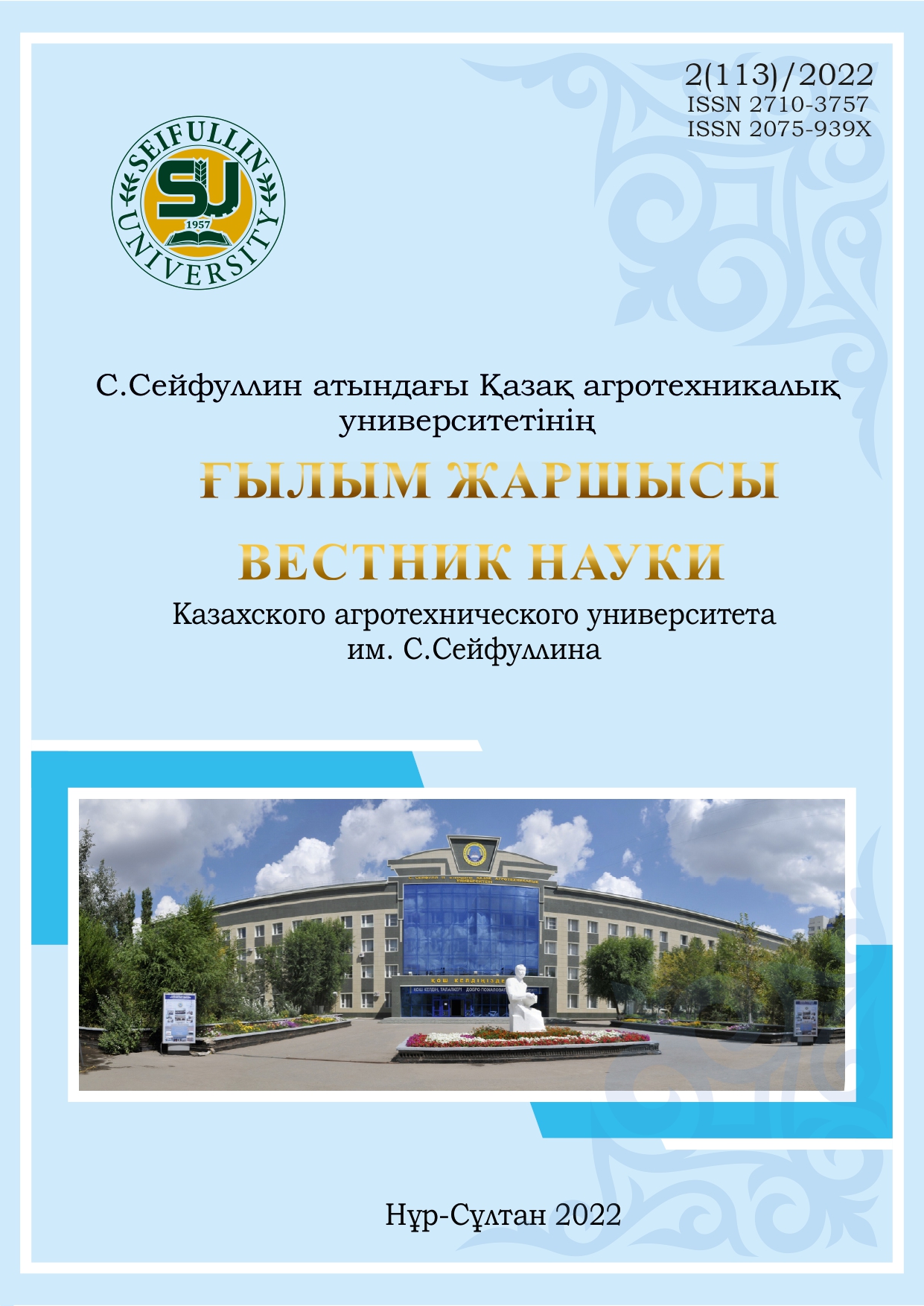EVALUATION OF PHYTOTOXICITY AND GROWTH PROMOTING PROPERTIES OF DIFFERENT CONCENTRATIONS OF SEWAGE SLUDGE ON OIL FLAX SEEDS
DOI:
https://doi.org/10.51452/kazatu.2022.2(113).1030Keywords:
sewage sludge; organic fertilizer; phytotoxicity; oil flax; test plantAbstract
Storage and burial of sewage sludge on the territory of treatment facilities and landfills in large volumes lead to constant pollution of ground and surface waters, soils of adjacent territories. Spread of pathogenic microorganisms and stench are the main problems of such area. However, sewage sludge is a valuable organic fertilizer with a high content of nitrogen, phosphorus, potassium and various microelements. Properly processed sewage sludge can be used for landscaping, planting of greenery on roadsides, and for reclamation of disturbed lands. The article presents data on the first stage of the phytotoxicity of sewage sludge. Oil flax was used as a test plant. The phytotoxicity testing methodology is based on measuring seed germination, germination energy, average root and seedling length of selected plants. The seeds were treated with different concentrations of water extracts of sewage sludge. Sterile water was used as a control. According to the results, the optimal application dose of sewage sludge for further studies is up to 5%. The sludge concentration of 2.5% possess growth-stimulating properties, where the average length of seedlings is 22% higher, the average root length is 55% longer than in the control.

